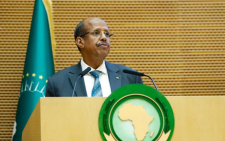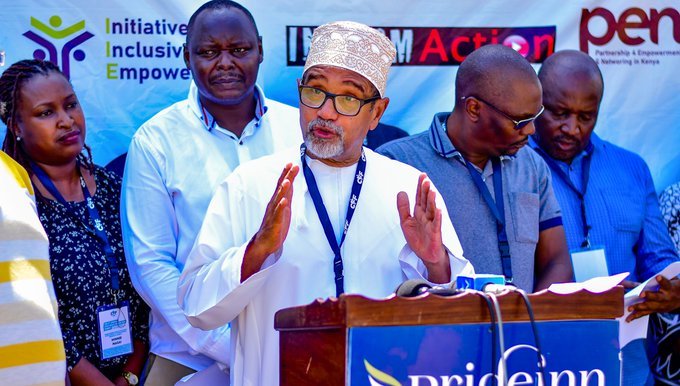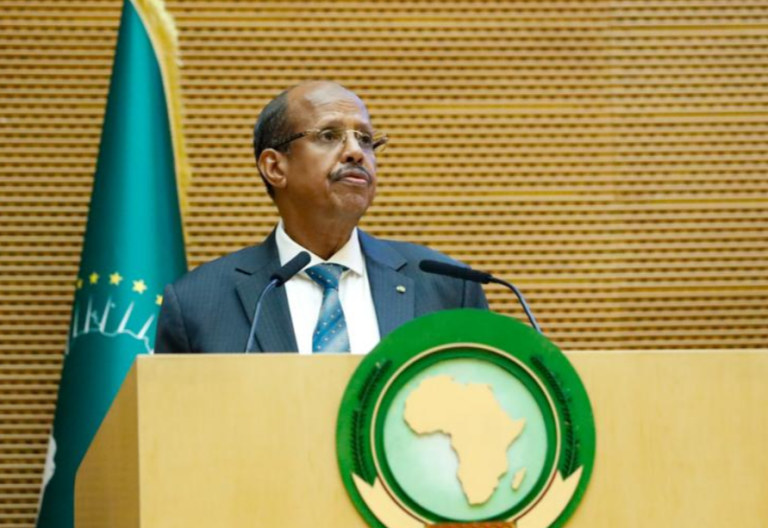Fix the bleeding in SHA, health experts tell state

Social Health Authority (SHA) scheme is simply unsustainable and requires an urgent review, players in the health space have stated.
To save Kenyans from untold pain and suffering they have been facing since the rollout of the new system, the stakeholders suggested that the Ministry of Health fixes the bleeding urgently.
“Let’s go back to the drawing board, review SHA and fix the problematic areas,” the health stakeholders who include policy experts, civil society organisations said yesterday during a Chief Executive Officers’ consultative meeting dubbed: Policy Meets Advocacy, and Media Drives Change in Nairobi.
They called on the government and Parliament to take a keen interest in what Kenyans are saying about failures of the scheme that replaced the National Health Insurance Fund (NHIF).
The groups decried the state of Primary Health Care (PHC), which President William Ruto’s Bottom Up Administration said at inauguration is focused on strengthening to reduce the curative burden in the country, saying it’s almost dead.
Limited resources
“It is constricted of resources,” said Moses Mukua, a representative of Christian Health Association of Kenya (CHAK), further painting a grim picture of the Primary Health Care Networks, which were established to improve access to quality primary healthcare services across the country.
When re-thinking Universal Health Care, the government said PCNs were a crucial building block by connecting community health units, dispensaries, and hospitals into a network to deliver comprehensive care.
“I think one of the challenges that has come out in the meeting is that primary health care is underfunded completely. We want to urge Parliament to allocate money to support it,” Mukua said.
He said CHAK has previously suggested that from the current 16 per cent Value Added Tax, one per cent should be a top-up on the allocations for PHC if indeed the government is serious in strengthening it.
“If everybody paying at the pump for fuel gives one per cent, we will be able to support not only primary health care, but also chronic illness fund,” he said.
He noted that whereas PHC is promotive and preventive healthcare, it is not funded properly right now, and called on Parliament to relook into some clauses in the law, to fix the funding issue.
“We need now to go back to the drawing board and re-in fence money for those two funds,” he said.
The meeting was hosted by the Health NGOs Network (HENNET) to discuss the future of healthcare financing, governance and sustainability.
“From the transition to Social Health Insurance Fund (SHIF) to the impact of dwindling donor resources, we just need to go back, review SHA and make it simpler.
“In fact we had a good system that was based on capitation, hospitals would be paid earlier even though people criticise it for other reasons. As a faith-based hospital, that system was working. We can go back, pick the things that were working and see if we can bring them back,” Mokua said.
Transition hiccups
Rural Urban Private Hospitals Association (RUPHA) chairman, Dr. Brian Lishenga noted that the challenges the country has had with the SHA transition, are largely a product of the problems from Primary Healthcare Fund for outpatients. This is also the same as the challenges the Emergency Chronic and Critical Illnesses Fund (ECCIF) which is treating cancer, kidney and critically ill patients.
“This is where the problems are coming from. Why is it that the two funds don’t have money yet they are the only two schemes funded by the State?” he wondered.
Back to drawing board
Dr. Lishenga noted that SHIF, which is the one which is being touted as working, is funded by Kenyans.
“We are the ones contributing either 2.75 per cent or through Proxy Means Testing. So the Kenyan people are doing their part, making sure that the SHIF is funded,” he said and appealed to the government to also do its part because PHC is squarely its responsibility.
He said the ECCIF is the government’s responsibility, and as Kenyans carry the weight through premiums, through increased taxation, it is expected that government and Parliament work to restore increased funding for the sector.
HENNET Board Chair, Rosemarie Muganda challenged the government to admit that it has not done what it promised when the new system was coming into place.
“The question that we are asking as members is, what do we need to do?
As a country, sometimes it’s important to bite the bullet and say our intentions were good, but it has not turned out the way we expected,” she reiterated the need to go back to the drawing board.













